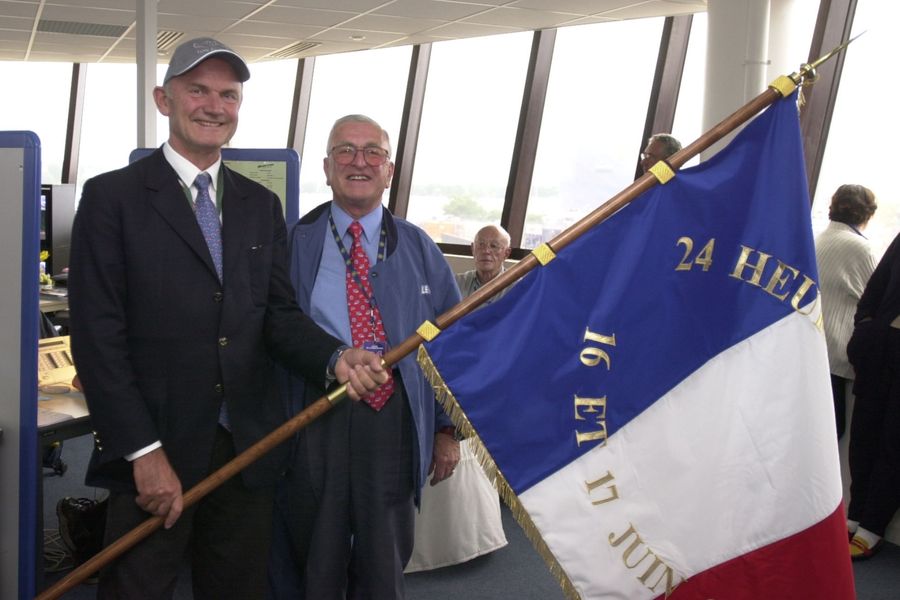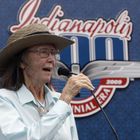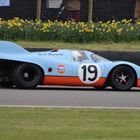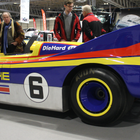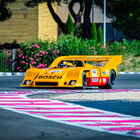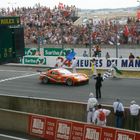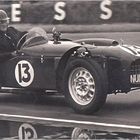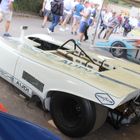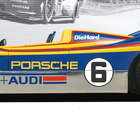Obituary: Ferdinand Piëch, Engineer, Businessman, and Father of the 917
- 27 Aug 2019
- Events
 By Paul Jurd
By Paul Jurd
Prof. Dr. Ferdinand Piëch died suddenly on Sunday aged 82, a giant of the German automotive field who was integral to the success of Volkswagen, Audi and Porsche - he was the grandson of Ferdinand Porsche - and it was with the family firm that he put in place the building blocks for their sporting success, involved in a sequence of successful 1960s sports cars from the 906 to the iconic 917.
Piëch gained a degree in mechanical engineering from the ETH in Zurich, Switzerland, in 1962, his thesis betraying his early carer ambitions by being on the development of a Formula One engine. At this point in Porsche was involved in F1 and busy developing an eight-cylinder engine for the Porsche 804.
He joined Porsche in 1963 and was involved in the development of the 906 (also known as the Carrera 6), a relatively simple two-litre sportscar that was very successful, winning the Targa Floria, taking class wins at Daytona, Sebring and Le Mans - and paving the way for subsequent Porsche sportscars.
Models such as the 910 and then the 908 (even then Porsche did not always number sequentially) followed, but the key moment was the rule change for 1968 that set a three-litre limit for Group 6 prototypes, which made the 908 suddenly a competitor for the outright win at Le Mans, but allowed five-litre engines for Homologated Sports Cars. A five-litre car would obviously be more powerful, a key factor at Le Mans, and be faster - Piëch commenting at the time: “It is much easier to pass on the straight”.
The 917 was born, an advanced car at the time with the largest air-cooled car engine built to date, and a low drag body that, once initial aerodynamic problems had been ironed out, saw the car able to exceed 200mph even past the pits at Le Mans. The story of the 917 is well known, the car rightly one of the most famous sportscars ever to race, and Piëch left Porsche in 1973 to join Audi.
While there he repositioned the company as a technologic leader, not least with his support of the Quattro project which brought rallying success, and he then worked in the upper reaches of German automotive management. A somewhat divisive character in his later career, he was known for his recent firing of subordinates, his single-handed pushing of the Bugatti Veyron project despite VW losing money on every car made, but earlier on he had saved the company from bankruptcy.
Tributes abound for the Austrian, including this from Le Mans organisers the ACO:
“Ferdinand Piëch was a strong-willed, ingenious figure and a true personality of the motoring world. He enjoyed a stellar career in the fields of motorsport and business. As racing team boss and captain of industry, he has left an indelible mark on the history of our sport and our race. His passing brings home the value of his contribution. On behalf of the Automobile Club de l’Ouest, I present my most sincere condolences to his family and loved ones.” Pierre Fillon, president of the Automobile Club de l’Ouest.
Ferdinand Piëch, 17 April 1937 – 25 August 2019.
Picture: ACO


